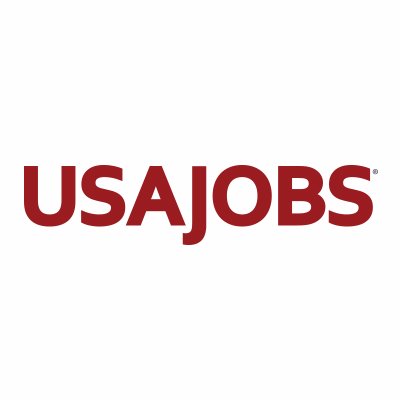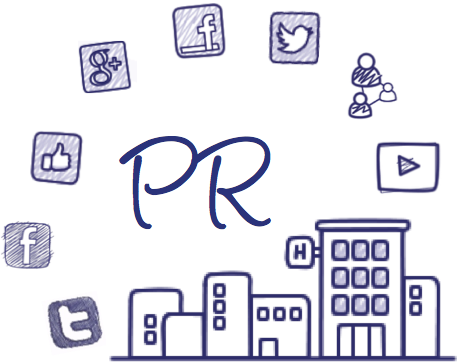Understanding the Differences Between a CV and a Resume
When it comes to job applications, you might have heard of both a CV and a resume. While they might seem similar, they serve different purposes and are used in different contexts. Let’s break down the main differences between these two important documents.

What is a CV?
A CV, or Curriculum Vitae, is a detailed document that outlines your entire academic and professional history. It includes:
- Personal Information: Your name, contact details, and sometimes a photo.
- Education: Detailed information about your educational background, including schools attended, degrees earned, and any honors or awards.
- Work Experience: A comprehensive list of all your jobs, including job titles, responsibilities, and achievements.
- Skills: A list of your skills, both technical and soft skills.
- Publications and Research: If applicable, a list of any research papers, articles, or books you have published.
- Professional Memberships: Any professional organizations you belong to.
- References: Contact information for people who can vouch for your qualifications and character.
A CV is typically used for academic, research, and scientific positions. It can be several pages long because it includes a lot of detail.
What is a Resume?
A resume is a shorter document that highlights your most relevant skills and experiences for a specific job. It includes:
- Contact Information: Your name, phone number, email address, and sometimes your LinkedIn profile.
- Summary or Objective: A brief statement about your career goals and what you bring to the job.
- Work Experience: A concise list of your most recent and relevant jobs, focusing on your achievements and responsibilities.
- Education: A brief overview of your educational background.
- Skills: A list of key skills that are relevant to the job you are applying for.
Resumes are typically one to two pages long and are used for most job applications in the business, industry, and non-profit sectors.
Key Differences
- Length: CVs are longer and more detailed, while resumes are shorter and more concise.
- Purpose: CVs are used for academic and research positions, while resumes are used for most other job applications.
- Content: CVs include a comprehensive history of your academic and professional life, while resumes focus on the most relevant experiences and skills for a specific job.
Understanding these differences can help you choose the right document for your job application and increase your chances of success. Whether you need a detailed CV or a concise resume, make sure to tailor it to the job you are applying for and highlight your most relevant qualifications.








